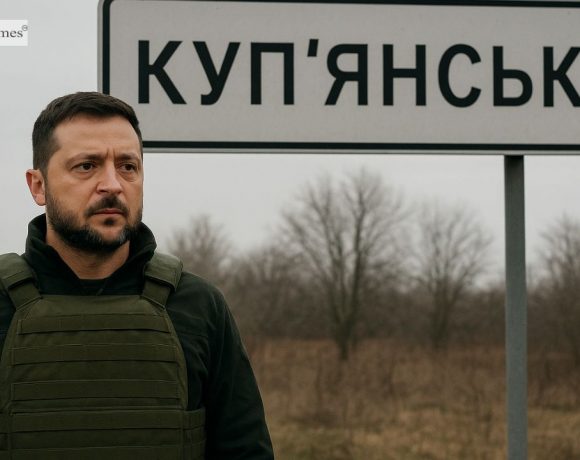
An Albanian film and theatre actor has filed a lawsuit against the government, claiming her face and voice were used without consent to create an AI-generated “virtual minister.” The case centres on Anila Bisha, whose likeness was used for an avatar named Diella, unveiled when Prime Minister Edi Rama began his fourth term last September. The AI figure was presented as a cabinet member overseeing government contracts, a move billed as part of efforts to combat corruption.
Bisha says she had agreed for her likeness to be used only as a virtual assistant on a government website to help citizens access documents, not as a political figure. She told Reuters the unexpected transformation has led to online abuse and unwanted attention in public, with people referring to her as a government minister. The government denies wrongdoing, calling the lawsuit baseless and saying it is prepared to resolve the matter in court.
The dispute comes as Albania’s government faces heightened scrutiny following corruption allegations involving senior officials. Diella’s image appears prominently alongside cabinet members on the official website, adding to the controversy. A court in Tirana is expected to rule on whether the government must stop using Bisha’s image, while her lawyer says she is seeking €1 million in damages for the alleged violation of her personal data rights.
Pic courtesy: google/ images are subject to copyright





















